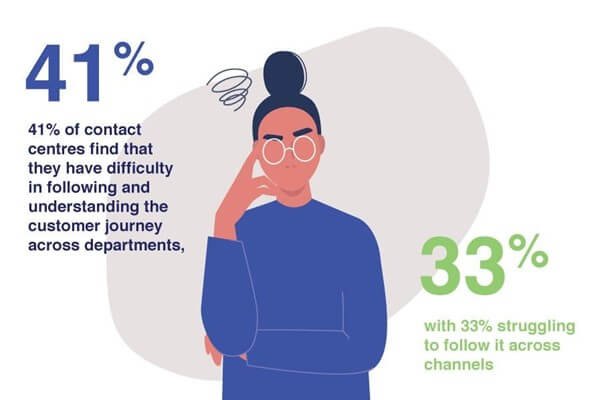Mark Turner, one of our Principal Consultants at Curium, has 20+ years experience in call centers and operational excellence projects. Over those 20+ years, Mark has had to manager failure demand and the effect it has on the entire company from CEOs to frontline phone agents.
Failure demand is the term used in any operational area with a primary function of servicing customer demand when contacts come in regarding a fault of the company within the customer journey and it is estimated, for example in a typical call center, failure demand is around 40-60%. This means that of the hundreds of calls received everyday, up to 60% of them are a result of a failure that could have been avoided. These calls take time and resources away from “value demand” calls that could be generating business.
In most call centers, it’s been proven that you can reduce your overall call demand by over 30% just by reducing your failure demand. Not forgetting the added benefit of improving your customer experience.
Failure demand negatively impacts the company reputation, generates high costs for your business such as compensation, redress and write-off’s, decreases your efficiency and has a huge impact on your employee motivation.


